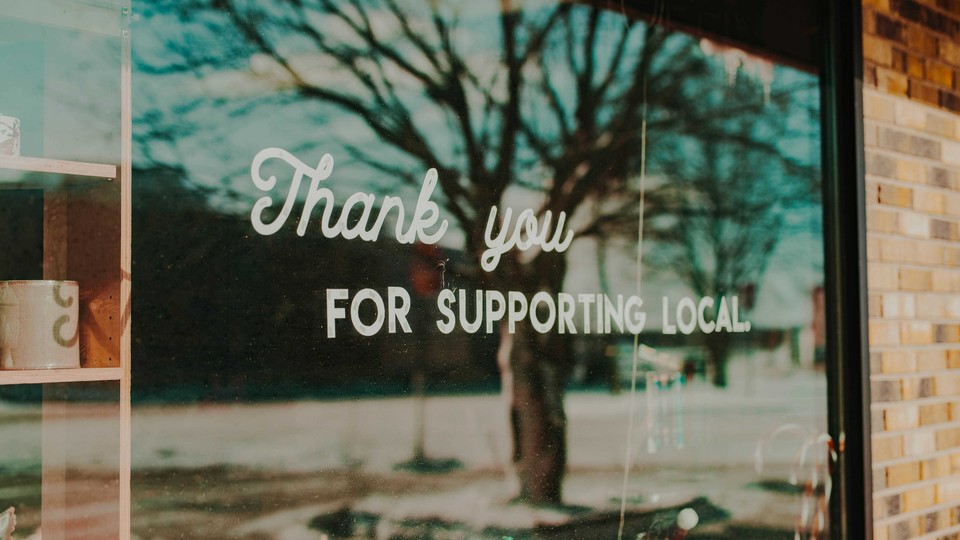
Letter Of The Law
Does Legislating Fairness Work?
Based on research by Michelle "Mikki" Hebl, Laura Barron, Cody Bren Cox and Abigail R. Corrington
Does Legislating Fairness Work?
- Laws banning discrimination against gay, lesbian and bisexual individuals work.
- The laws reduce discrimination not only by setting consequences for discrimination, but also by reaffirming shared social values.
- Anti-discrimination laws and policies lessen the stigma of homosexuality at work and beyond.
Opponents of laws banning discrimination based on sexual orientation often question whether these laws are effective.
The short answer: they are. Not only do targeted laws reduce employment discrimination against gay, lesbian and bisexual workers, they actually boost acceptance of gay, lesbian and bisexual job applicants.
That’s according to recent findings by Rice Business professor Michelle Hebl and colleagues Laura Barron of the U.S. Air Force, Cody Bren Cox of the Department of Psychology at Texas A&M-San Antonio and Abigail R. Corrington, a psychology professor at Rice.
In their study, the researchers note that politicians have often justified opposition to anti-discrimination laws by questioning whether they really accomplish what proponents say they will.
That argument allows lawmakers a face-saving out: Instead of claiming discrimination towards gays and lesbians does not exist, or that its existence is okay, they can simply question the logic of passing laws that may not do anything.
But these laws do work, Hebl and her colleagues found. In fact, their power is twofold: they work because they show that discrimination is illegal and, just as importantly, because they show that repercussion for it is certain and serious.
In addition, the researchers found, anti-discrimination laws carry symbolic value. They establish a societal norm, alerting the community that mistreating gay, lesbian and bisexual people isn’t accepted.
Regardless of whether the laws are vigorously enforced, the scholars write, their existence educates people about what their conduct should be.
In one study, human resource managers were asked to judge various applicants’ chances of getting a job. In states that lacked anti-discrimination statutes, the managers deemed applicants identified as likely gay or lesbian (because they listed scholarships from gay groups) less hirable than their straight counterparts. In states with anti-discrimination laws, by contrast, the managers showed no difference in how they viewed gay and straight applicants.
Of course, to find out whether these laws work, it is necessary to determine if discrimination against gay, lesbian and bisexual employees exists. Hebl and her team cite several studies that demonstrate the existence of such bias, both subtle and formal. One of those studies found that when job applicants in certain states listed membership in gay or lesbian organizations, they were less likely to be invited for interviews than those who didn’t.
Another study demonstrated that gay men in areas with no sexual orientation anti-discrimination laws generally earn less than their straight counterparts.
Other research shows that gay and lesbian employees who work in areas with legal protections are more likely to be open about their sexuality than those in areas with no legal protections. These workers are also more likely to report having gay coworkers and supervisors and to work for organizations with gay-friendly policies.
While the research by Hebl and her colleagues reveals that anti-discrimination laws work, it also reveals that they do so only when the public is well aware of them. Thus, the success of these laws may hinge on how effective public information campaigns and media coverage are. Success also hinges on whether these laws are enforced.
Both awareness and enforcement of these policies are a sound investment, the researchers note. That’s because gay, lesbian and bisexual employees who feel welcome in a workplace tend to perform better. In fact, Hebl and her team argue, businesses in states and cities without anti-discrimination laws should establish their own such policies. Doing so does more than discourage employees from discriminating against gay, lesbian and bisexual coworkers, it also counteracts the notion that homosexuality is abnormal, instead presenting it as just another sexual orientation.
An added benefit: because of its focus on effectiveness, the American workplace is a powerful driver of cultural norms. Companies that prioritize human capital — and punish discrimination — will have a greater range of job applicants, more motivated staff and more creative work environments. They also stand a good chance that the community they serve will follow their lead.
Michelle "Mikki" Hebl is a Martha and Henry Malcolm Lovett Chair of Psychology at Rice University and a Professor of Management at the Jones Graduate School of Business.
To learn more, please see: Hebl, M., Barron, L., Cox, C. B., & Corrington, A. R. (2016). The efficacy of sexual orientation anti-discrimination legislation. Equality, Diversity and Inclusion: An International Journal, 35(7/8), 449-466.
Never Miss A Story


